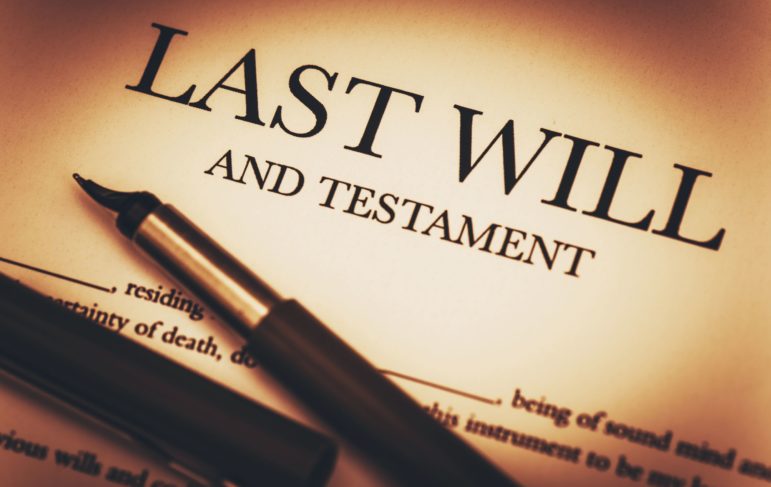What are the requirements for a valid will in Texas?
A will, or last will and testament, is a binding legal document that states your final wishes. In a will, the testator – the person writing the will – can leave specific instructions on how their property is to be divided, name a guardian for any surviving minors and name an executor – the person designated to ensure the testator’s wishes are properly fulfilled.
Leaving a set of posthumous instructions seems simple enough, but it is crucial that the will is valid to be properly executed. Each state has different requirements, so what is a valid will in Texas?
The state of Texas recognizes two types of valid wills:
Formal or Attested Will
An attested will is typically a computer-typed document. The following requirements are necessary for an attested will in Texas:
- The testator needs to be be at least 18 years old or older – or have been legally married or are a member of the military.
- The testator must be of sound mind, meaning he or she understands they are writing a will and have the mental awareness of the decisions being made in the will.
- The testator must sign their own will, unless they are unable to do so. In that case, the testator will designate someone else to sign for them in the presence of two witnesses.
- The will must be signed by a minimum of two witnesses at least 14 years of age in the presence of the testator. The witnesses should not be direct beneficiaries of the will.
Holographic Will
Texas also recognizes holographic, or handwritten, wills. The same legal and testamentary capacities of an attested will apply to a holographic will, in addition to the following requirements:
- The testator must write the entirety of the will in their own handwriting.
- The will cannot be in any other person’s handwriting.
- No part of the will can be typed.
- The testator must sign their own will. However, witness signatures are not required.
Does a valid will need to be notarized?
The state of Texas does not require a will to be notarized to be considered legal. However, if the testator wishes to self-prove their will at any time, they must include a self-proving affidavit. The self-proving affidavit must be signed by the testator and two witnesses in the presence of a notary. A self-proving affidavit is beneficial because it removes the need for witnesses in the probate proceedings and speeds up the process.
Is a lawyer required to make a will valid?
You do not need a lawyer to make a will. You can easily draft a will using a will software or an online will template. While a lawyer is not required, it is a great idea to consult with an experienced attorney to ensure the process is completed properly. A lawyer can also help in complex will situations like disinheriting your spouse or children – or when you think your will may be contested.
Nobody wants to contemplate what happens after death, but creating a will can provide yourself peace of mind and make things much easier for your loved ones after your passing. If you want to ensure you have a valid will or have any questions about the probate process, contact attorney Dan Burke.





